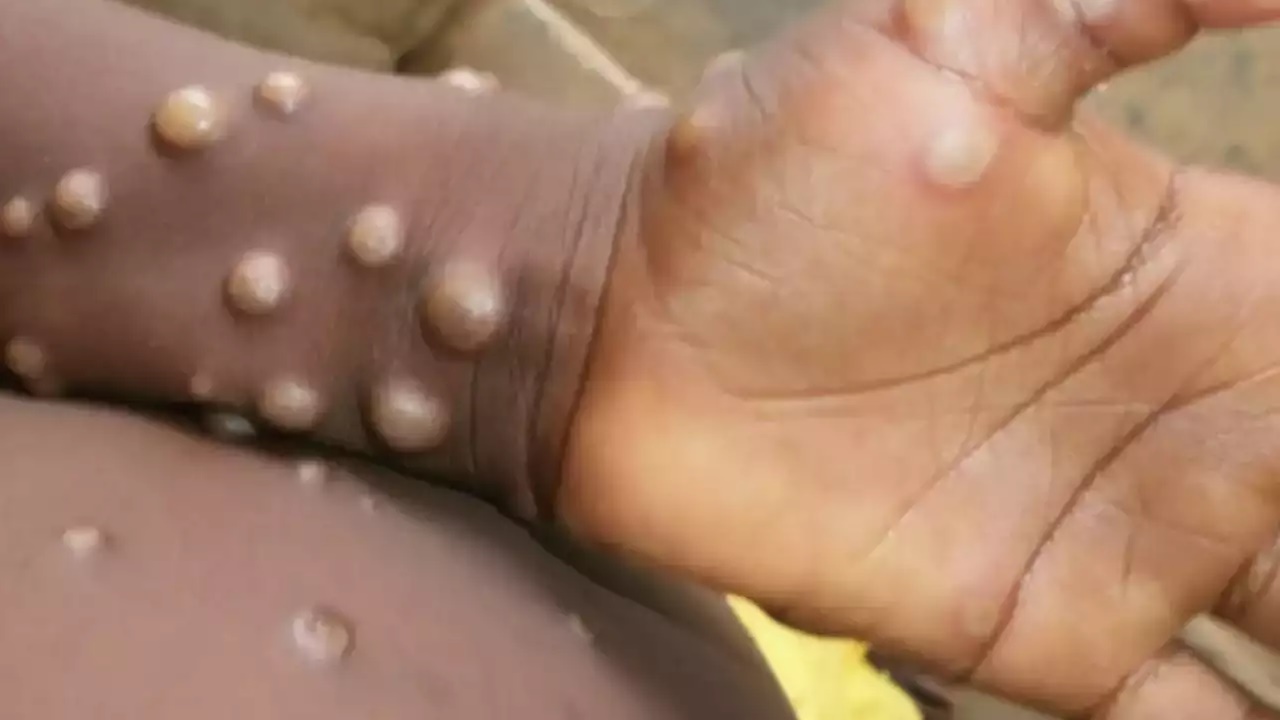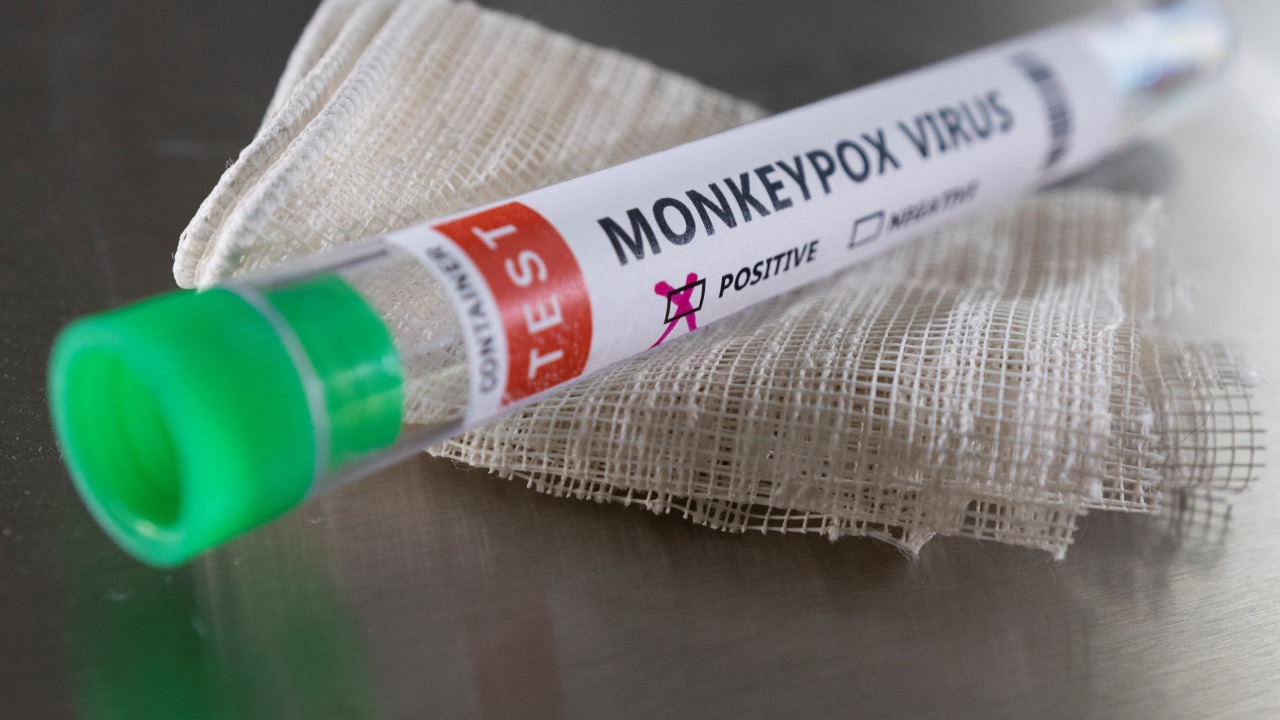[ad_1]

Monkeypox: Cases of monkeypox are alarming worldwide. It seems that more than 16 thousand cases have already been registered in more than 75 countries of the world. The World Health Organization has declared monkeypox a global health emergency, with many countries appealing to the WHO for swift action to stop the spread of the virus. Countries such as Britain, Canada, France and the United States have now started vaccination. In this background let’s know about monkeypox symptoms, diagnosis, treatments and vaccinations.
Features: Fever, headache, muscle aches, fatigue, rash, as well as swollen, painful lymph nodes can be identified as early symptoms in a person infected with monkeypox. About one to three days after the fever appears, the rash may turn into fluid-filled skin lesions. After a few days or weeks the bruises or sores turn into scars before falling off. Monkeypox has long existed in central and western Africa. Monkeypox cases have been reported in other countries since May. Lesions are more common around the genitals, anus, and mouth. However, symptoms vary between patients. They usually last between two to four weeks. The virus remains contagious until the rash is completely healed.
Monkeypox: First monkeypox case reported in Japan
Diagnosis: According to the World Health Organization, most cases are among men who have sex with men. An infected animal can also get infected by touching the wound, contact, or bite. Currently, most of the reported cases are human-to-human transmission. Monkeypox can be spread through sexual contact. According to a study published last week in the New England Journal of Medicine, 98 percent of those infected were gay or bisexual men. 95 percent of cases are transmitted through sexual activity. Many health officials have warned that the virus can be difficult to diagnose because of erratic symptoms that resemble sexually transmitted infections. According to WHO, Europe is the epicenter of the outbreak. Most of the cases are among young people living in cities. A PCR test or a sample or biopsy of a skin lesion may be necessary to confirm a case of monkeypox. Those with potential cases must be isolated while waiting for test results. After the virus is diagnosed, isolation for three weeks is recommended. Monkeypox is found in semen, but is not considered a sexually transmitted disease. Spread through close physical contact. The European Center for Disease Prevention recommends using a condom for 12 weeks after recovery.
Treatment: The disease usually heals itself after two to three weeks. Sometimes it takes a month. In many cases, treatment is all that is needed to address the symptoms, such as reducing fever or relieving itching. Sometimes the injuries can become very painful. However, serious painkillers or hospital treatment may also be required. The most severe cases have been seen in children, pregnant women, and people with weakened immune systems. No deaths have been reported in Europe or the United States so far. Doctors advise people with monkeypox not to scratch the lesions. This is because it can spread the virus or cause a scar. The European Medicines Agency has approved the smallpox drug Tecovirimat for the treatment of monkeypox.
Monkeypox: Monkeypox is not transmitted by air.
Vaccines: A smallpox vaccine from Bavarian Nordic, a Danish drugmaker, is marketed as Xinneos in the United States and Imvanex in Europe. The European Commission on Monday approved the use of its smallpox vaccine for monkeypox. According to ECDC, it has been found that if this vaccine is taken within four days of exposure to monkeypox, its effectiveness is greater and cure is faster. Countries like Britain, Canada, France, and the United States have started vaccinating people at risk of contracting the virus. The vaccine is given in two doses. There is a minimum gap of 28 days between the two doses. But for those vaccinated against smallpox as a child, one dose is sufficient. A third dose is recommended for people with weakened immune systems. Because vaccines do not provide immediate or complete protection, health officials advise caution after receiving an injection. The United States also has several doses of the older generation ACAM2000 smallpox vaccine, but it is not recommended for everyone because of significant side effects.
.
[ad_2]
Source link




